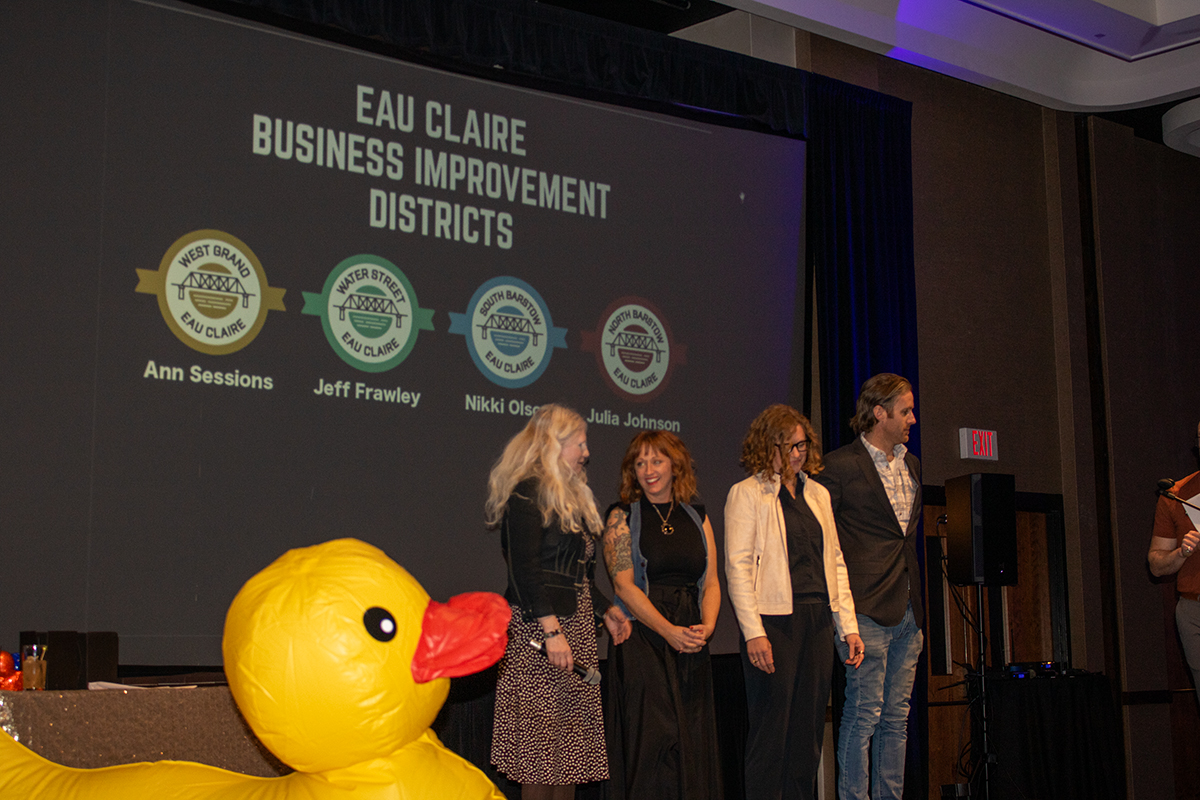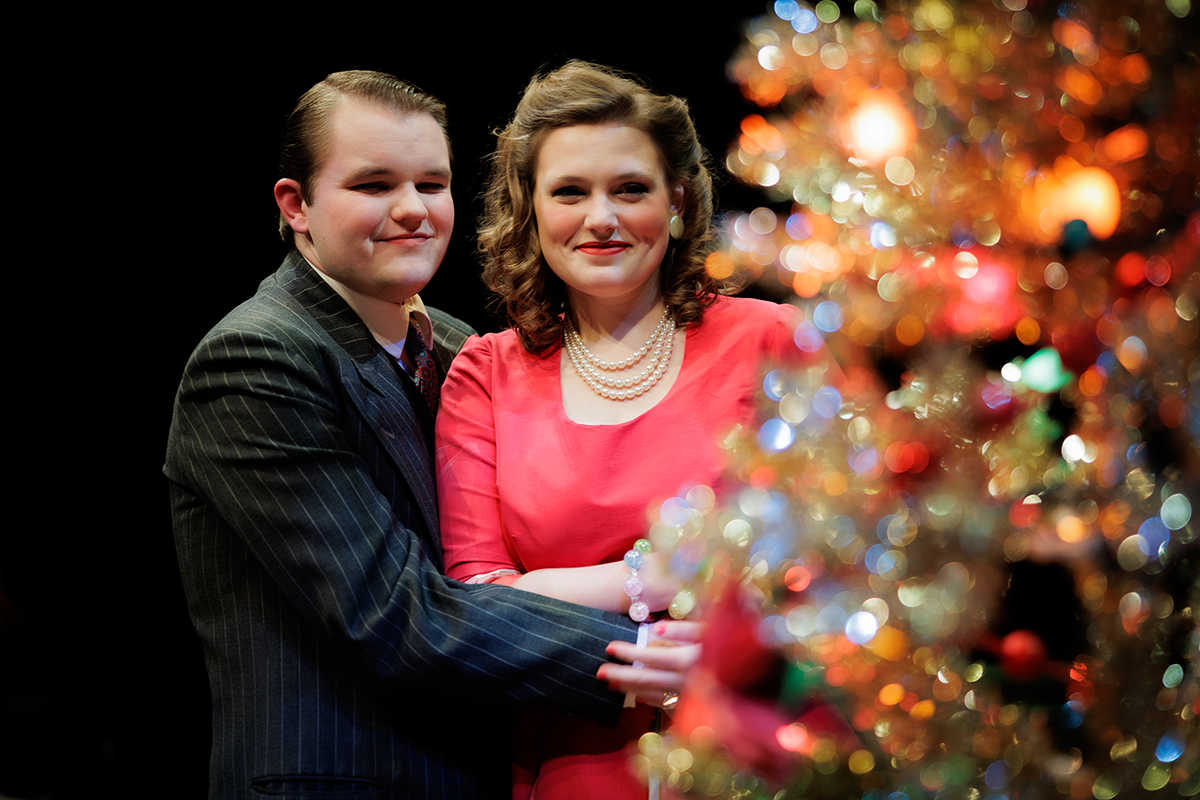This week’s Campus Film, The Fantastic Mr. Fox, will feature a lecture and discussion led by Blake Westerlund, an English department faculty member and coordinator of the UWEC Writing Center. Managing Editor Thom Fountain sat down with Westerlund to talk about the film and lecture.
Thom Fountain: How did this get started?
Blake Westerlund: This started with student activities with (Student Activities Coordinator) Jim Brockpahler. It’s an idea that they’ve been kicking around for some time and I know it’s something that they’d like to see other faculty get involved with. So when Jim approached me I was more than happy to do it, just because I’m a Wes Anderson fan. And it’s a fun film.
TF: So Student Activities chose the Fantastic Mr. Fox?
BW: Yeah, they chose the film and Jim knew that I liked Wes Anderson and said to me ‘Would you like to share the film and do a little presentation on that film?’ And I thought ‘Why not?’ It’s a rich film.
TF: So what exactly are you going to be talking about with Fantastic Mr. Fox?
BW: A couple main themes. Primarily myth and how myths circulate in modern cinema with an emphasis on “healing myth” — characters that are broken physically or psychologically and what they do to find some sense of healing. So primarily myth, but along with that — a by-product of that — is gender and masculinity. There’s an interesting conflict between Mr. Fox and his son, Ash.
TF: Why did you choose those themes to talk about?
BW: Myth is our daily existence, whether we know it or not. It’s those common beats that we all experience, so I thought that had somewhat of a universal appeal. Along the same lines, gender is a topic I often explore and interrogate in my classes. And I’ve noticed how students are often perceptive to topics of gender issues and conflicts. These
two really compliment each other very nicely in Fantastic Mr. Fox.
TF: You said there were plans for more of these talks in the future?
BW: I know that Jim would like to do this not every single film, but more often. And it’s a great opportunity, too, for faculty to reach out because you certainly have a majority of people who attend the campus film series who are students or faculty, but it’s open to the community, too.
As far as the Campus Film Series goes, I think it’s a terrific program that provides just a wide scope of cinema for Eau Claire. This is a rich week for it, too, because we also have the Eau Claire Progressive Film Festival, which my colleague Bob Nowlan organizes, and that in itself is just amazing. There are a lot of rich cinematic opportunities in the month
of April.
TF: What do you think people get out of seeing a film and a lecture as opposed to just one or the other?
BW: I suppose one thing I’d like (attendees) to see, as a person involved in education, is that you can take a pop culture artifact like the Fantastic Mr. Fox and appreciate it while your viewing it but with a lecture and discussion afterwards facilitate a type of introspection that you get in seeing something even more. And in that way I think a good faculty representative in the campus film series is just a facilitator. Just a spark if you will.







